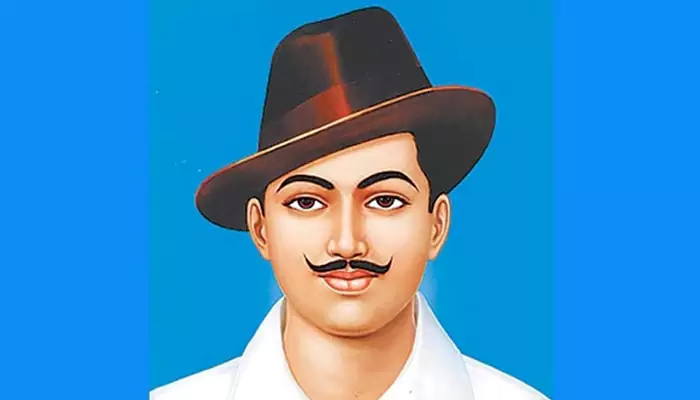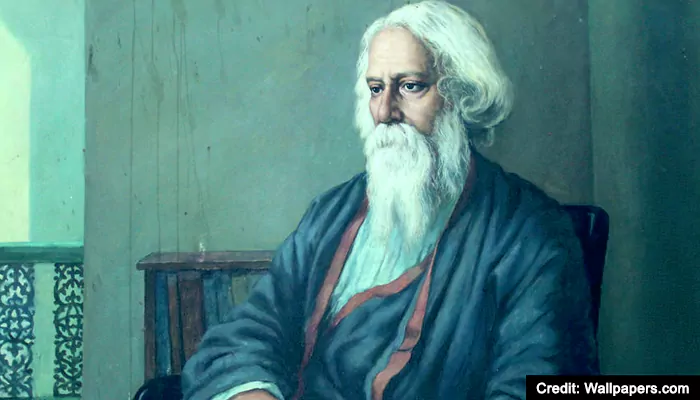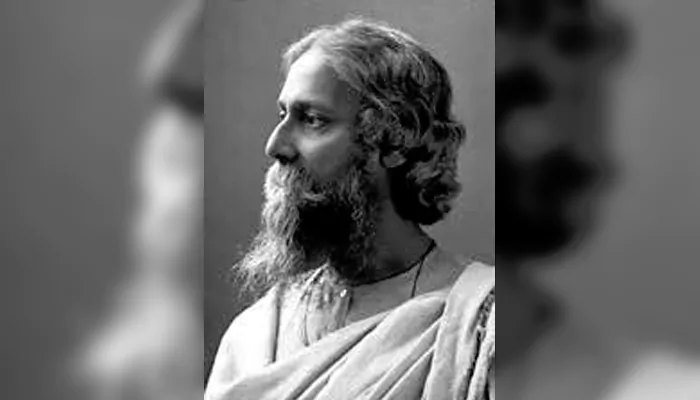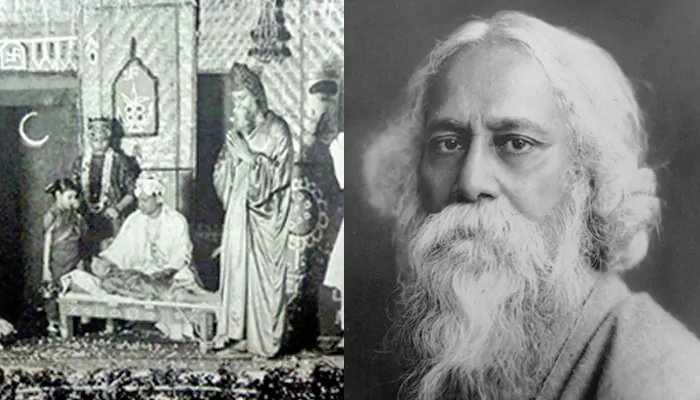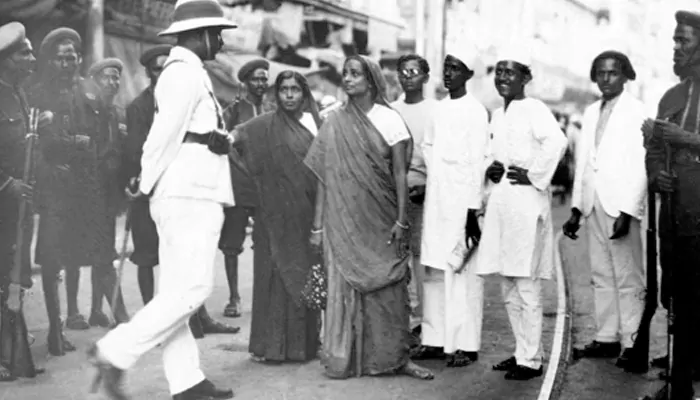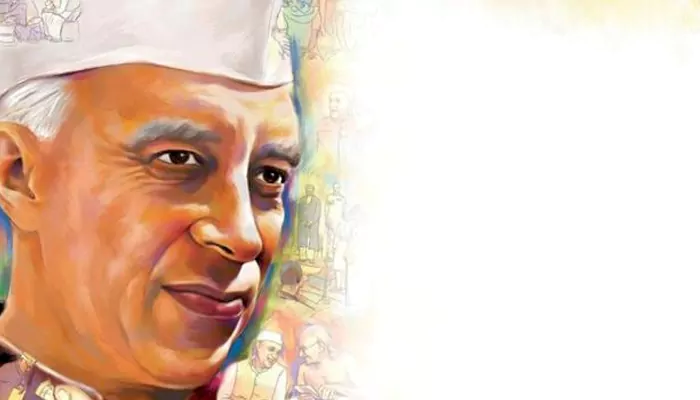Oct 21: Birth Anniversary of Alfred Nobel, After Whom The Nobel Prize Was Named

Alfred Bernhard Nobel (popularly known as Alfred Nobel) was born on 21st October in 1833 in Stockholm, Sweden.
Today, on his 190th birth anniversary, we will discuss about the great Swedish chemist, engineer, and industrialist who discovered powerful explosives like dynamite.
Early life and education:
Immanuel Nobel, an famous swedish engineer married Caroline Andrietta Ahlsell in 1827. The couple had eight children, Alfred Nobel was the fourth son of the Nobel couple. Since his childhood, Alfred has grown peculiar interest in explosives, who learned engineering fundamentals from father Immanuel Nobel.The journey for greater knowledge:
The family tried multiple businesses but failed. Then they moved to St. Petersburg in Russia in 1837. Alfred Nobel got good education in Russia and was fluent in German, French, English, Russian, and Swedish language. Alfred went to Paris to study chemistry in 1850. Then, he moved to USA and worked under the guidance of John Ericsson, the builder of the ironclad warship Monitor. At that time, Alfred's father made a huge business of making military equipment. With some money, the family again moved to Sweden after the closure of the factory in Russia.Experiment on explosives:
In Sweden, Alfred started experiment on explosives. The only explosive which was used in various purposes was black powder, a form of gunpowder. However, Alfred started working on more powerful yet unstable explosive like nitroglycerin. He wanted to explore a safe path to control detonation of nitroglycerin. With lot of trials, Alfred invented and advanced detonator named blasting cap in 1865. As nitroglycerin was a tough chemical to mamage and transport, Alfred faced a tragic incident when the nitroglycerin factory was completely blown up in 1864 killing Alfred's own brother and couple of workers. However, Alfred continued his experiments by building several other factories.In 1867, he made his second revolutionary discovery in the form of dynamite. It was more powerful and safer to use than nitroglycerin. However, this finding came as a serendipity or sudden discovery. Within a year, he got the patent for dynamite in Great Britain and USA. This helped in multiple ways like cutting canals, blasting tunnels, building railways, and so on.

A scientist, entrepreneur, and a philanthropist:
Alfred made a huge amount of the money due to his patents and company owned by his brothers in Russia during the last decade of 19th century. Eventually, he became the nucleus of the famous Bofors arms factory. Apart from explosives, he discovered leather, artificial silk, and registered over 350 patents in different countries. In 1996, Alfred Nobel passed away due to cerebral hemorrhage in Italy. During his death, he had a global business empire developing explosives over 90 factories.At his deathbed, when his will was disclosed, it came up as a great surprise for all. Although working on explosives, Alfred had been generous in humanitarian and scientific philanthropies always. His huge savings and patent money eventually led to the establishment of international award named Nobel Prize to acknowledge and support scientific community for unique discoveries for the humanity.
Alfred Nobel still remains a figure of great paradoxes and contradictions. He was a brilliant and lonely man with part idealist and part pessimist in nature. He invented the most powerful explosives which was used in warfare but also provided the foundation of the most prestigious prizes for intellectual services for humanity.

